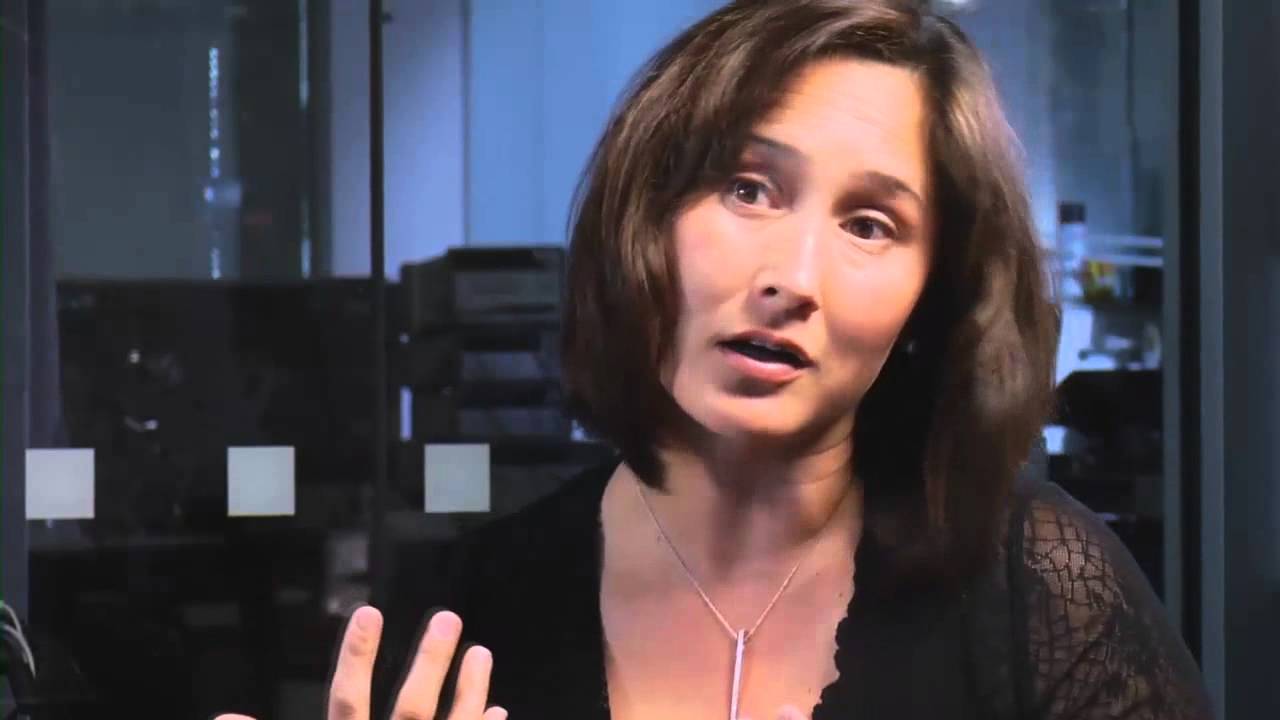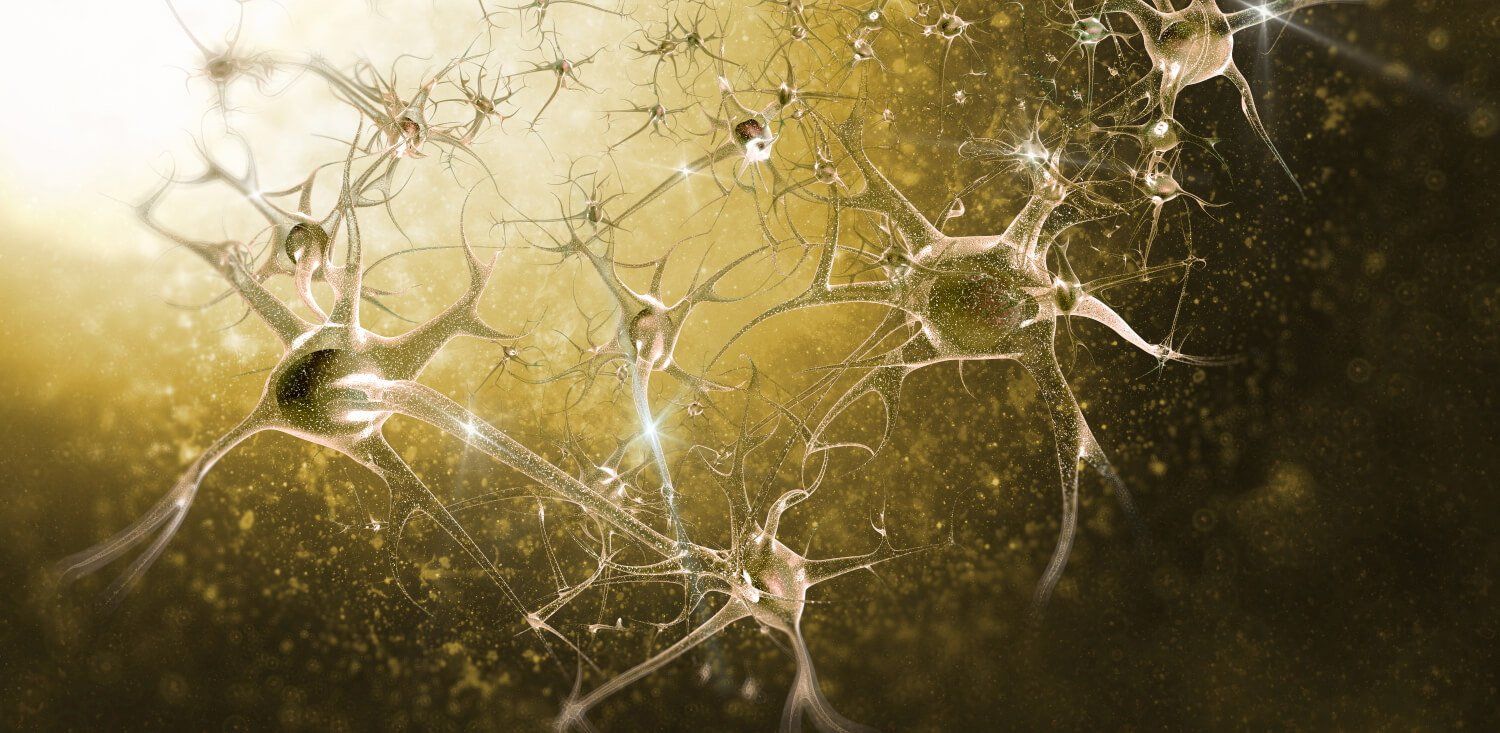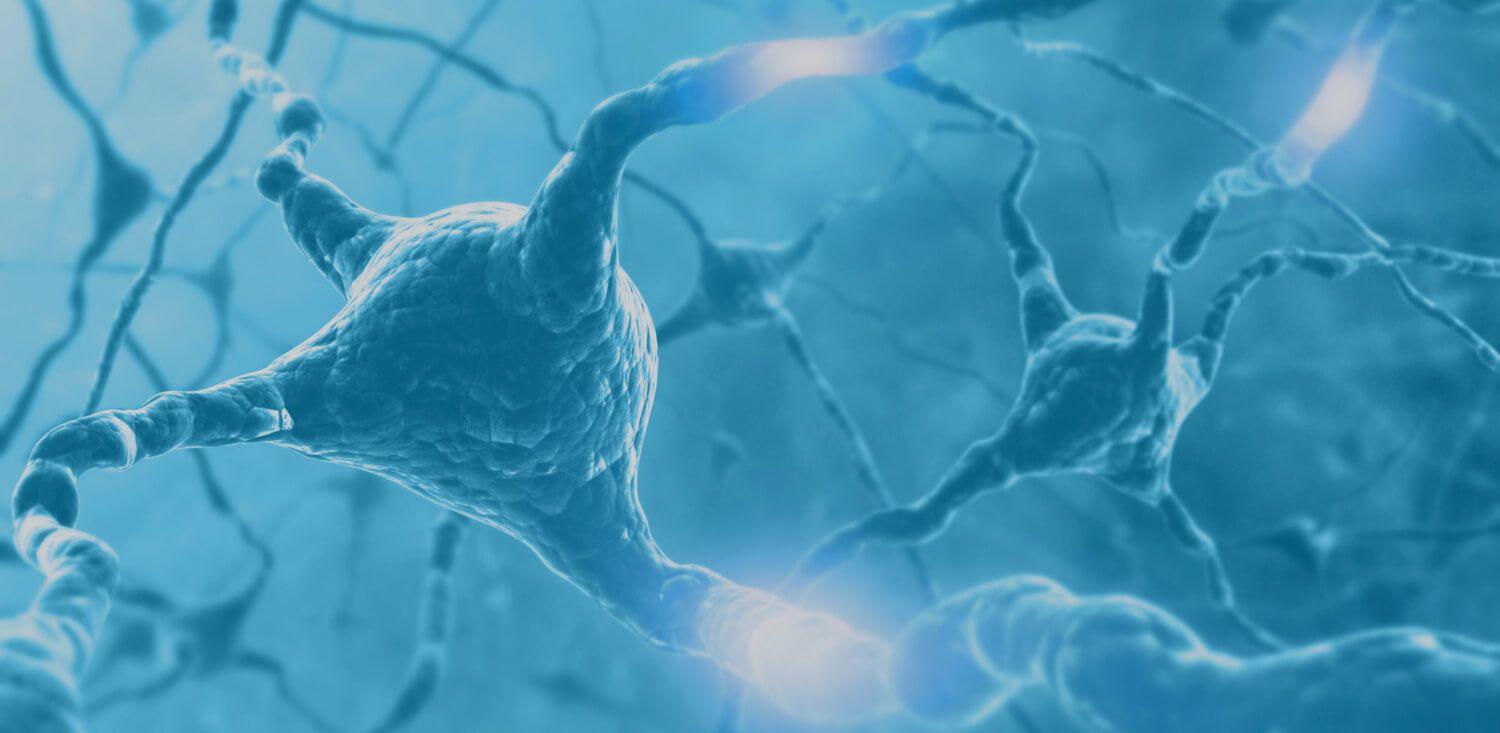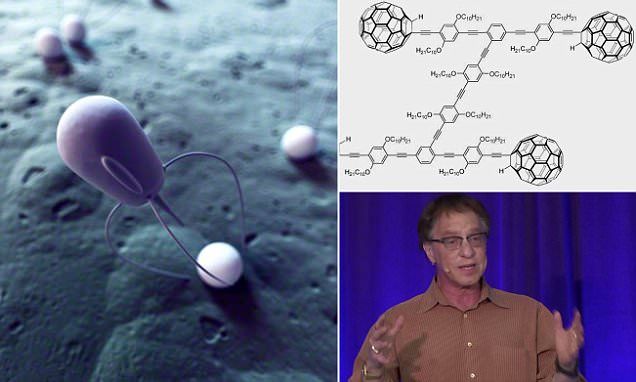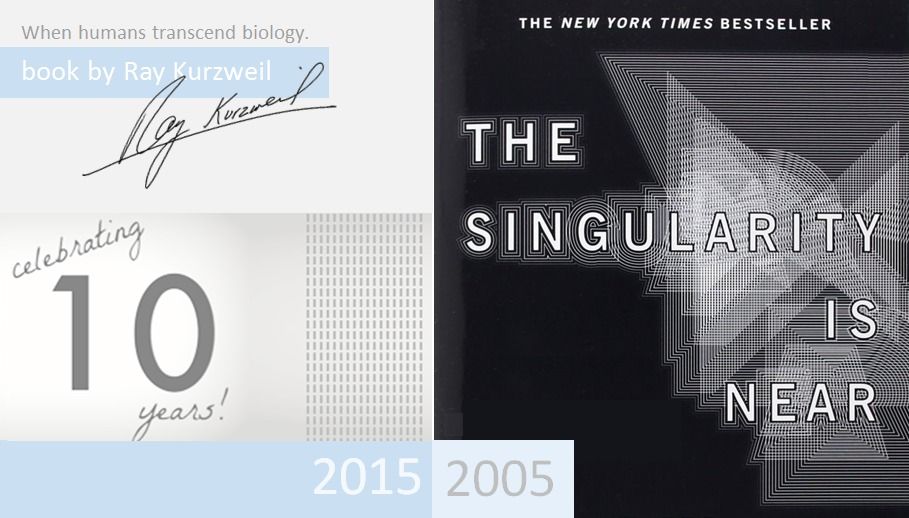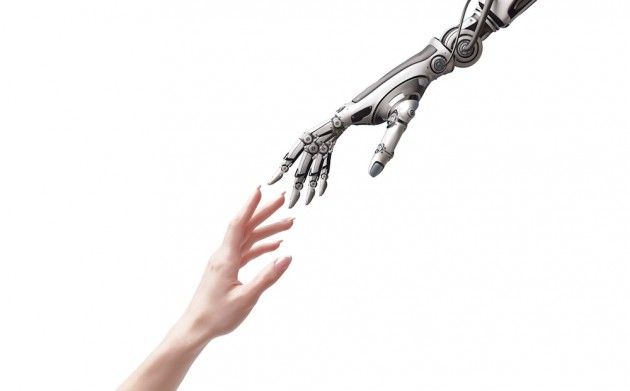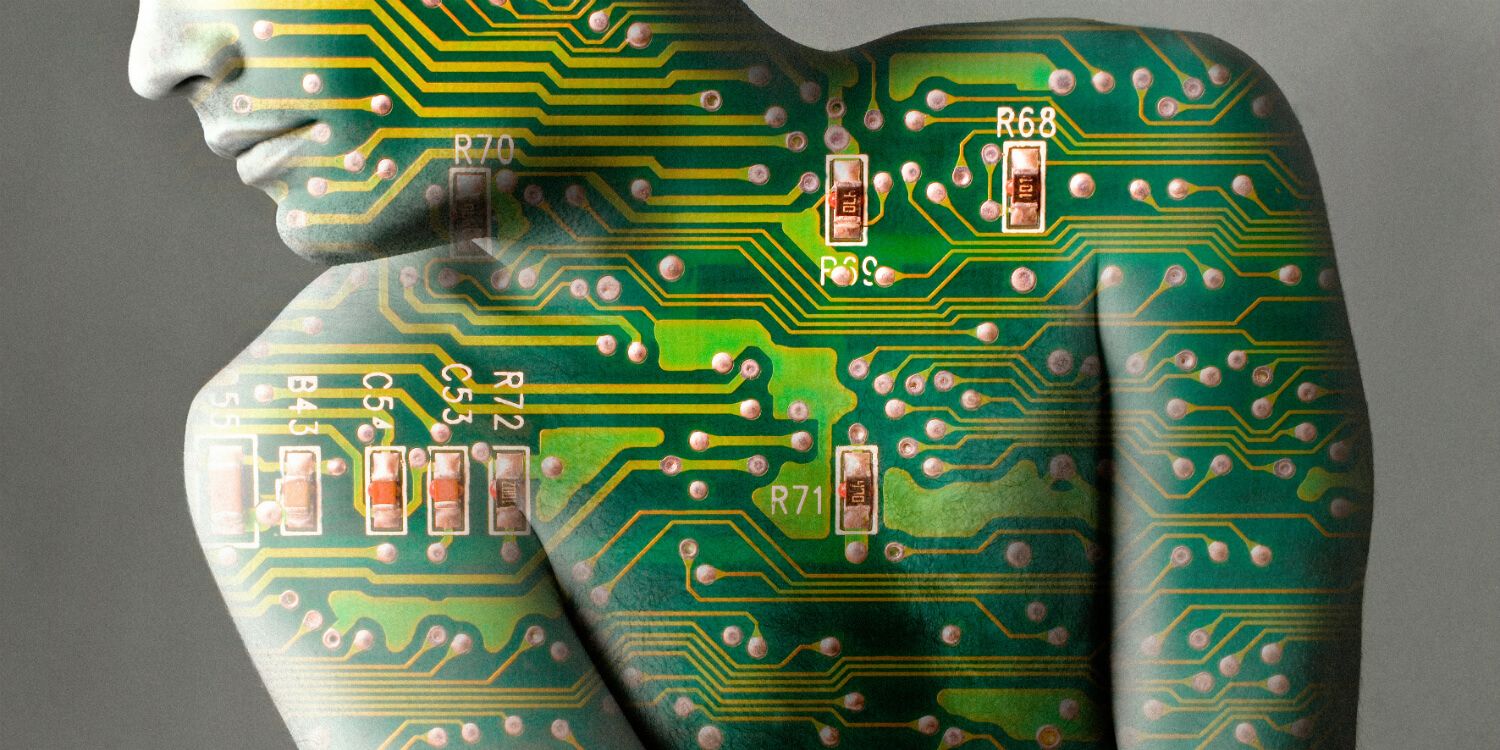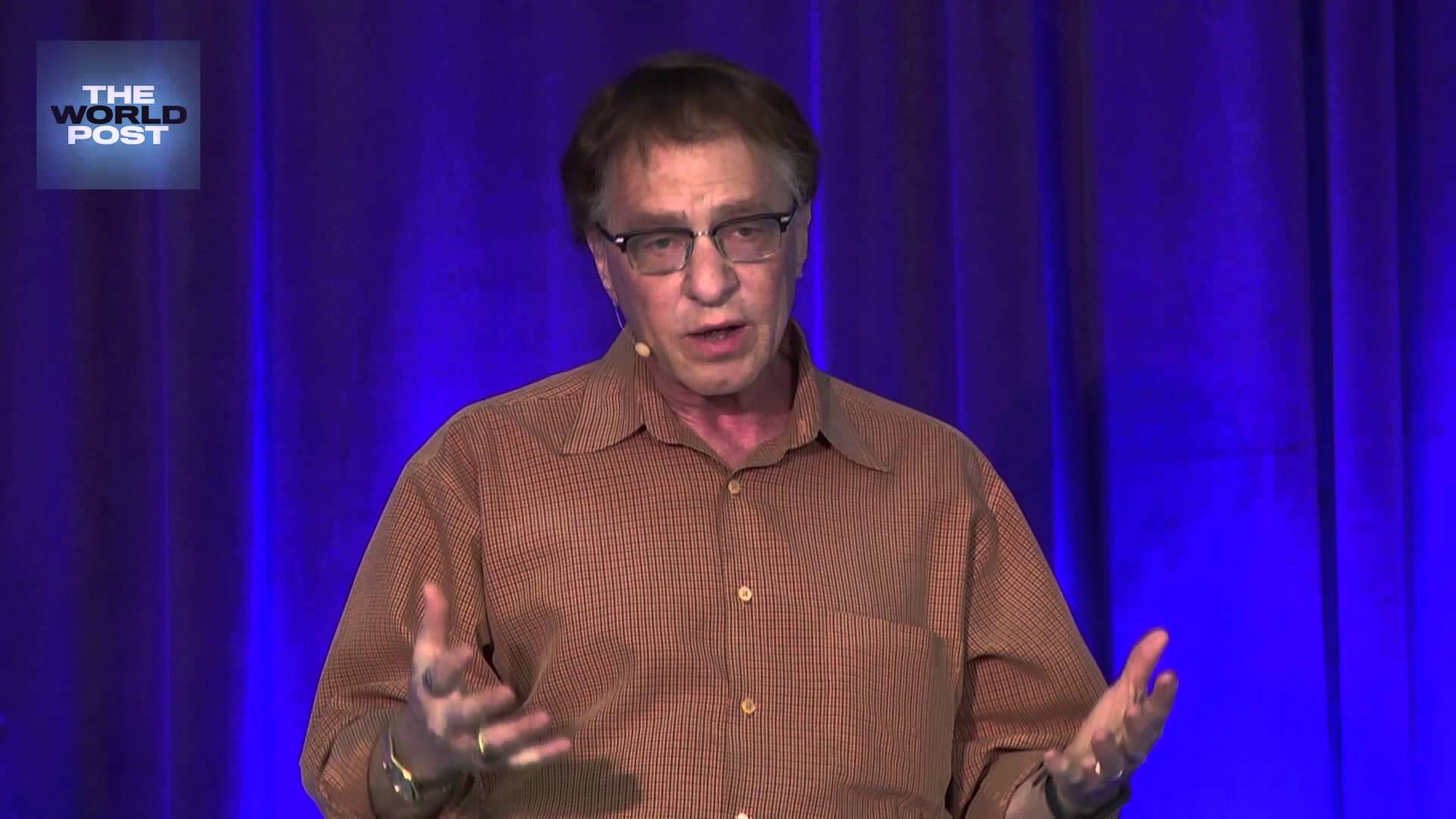Ray Kurzweil: https://en.wikipedia.org/wiki/Ray_Kurzweil#Health_and_aging
Raymond “Ray” Kurzweil is an American author, computer scientist, inventor and futurist. Aside from futurology, he is involved in fields such as optical character recognition (OCR), text-to-speech synthesis, speech recognition technology, and electronic keyboard instruments. He has written books on health, artificial intelligence (AI), transhumanism, the technological singularity, and futurism. Kurzweil is a public advocate for the futurist and transhumanist movements, and gives public talks to share his optimistic outlook on life extension technologies and the future of nanotechnology, robotics, and biotechnology.
Kurzweil admits that he cared little for his health until age 35, when he was found to suffer from a glucose intolerance, an early form of type II diabetes (a major risk factor for heart disease). Kurzweil then found a doctor (Terry Grossman, M.D.) who shares his non-conventional beliefs to develop an extreme regimen involving hundreds of pills, chemical intravenous treatments, red wine, and various other methods to attempt to live longer. Kurzweil was ingesting “250 supplements, eight to 10 glasses of alkaline water and 10 cups of green tea” every day and drinking several glasses of red wine a week in an effort to “reprogram” his biochemistry. Lately, he has cut down the number of supplement pills to 150.
Facebook: https://www.facebook.com/agingreversed
